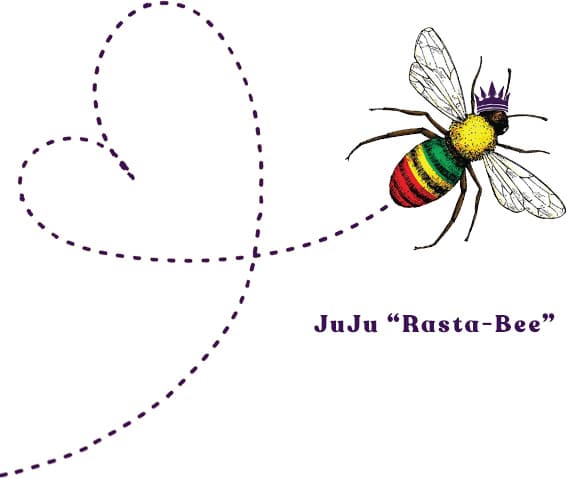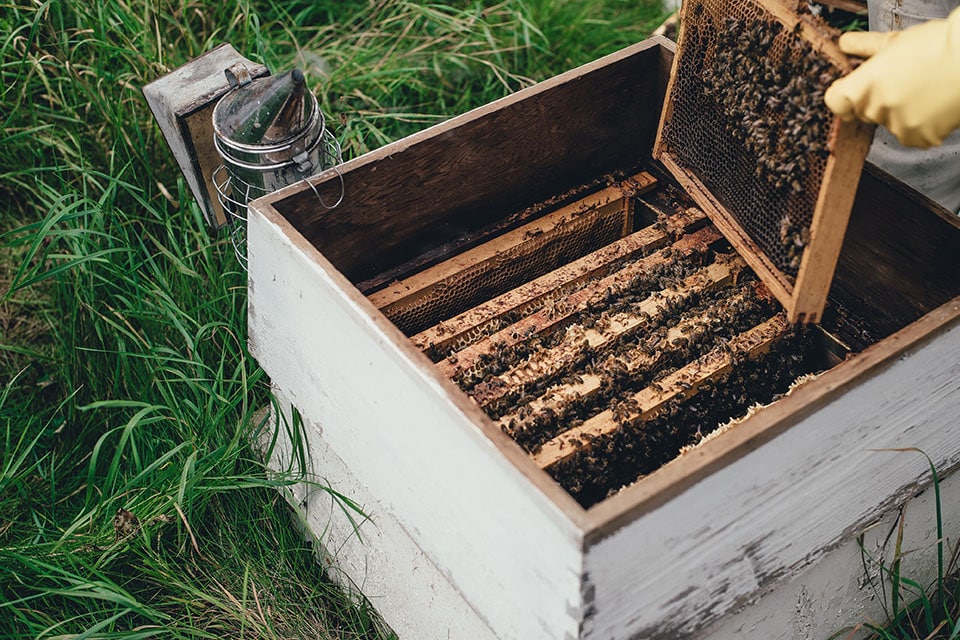Honeybees are most popularly known for their honey; however, these black and yellow insects are needed for more than their delicious honey that we stir into our tea. Did you know a single worker bee produces about ½ teaspoon of honey in their lifetime. Globally, there are more honeybees than any other types of bee or pollinating insects, but they only represent a small percent of the bee species. They steal the show when it comes to being the most important pollinator of food crops. The existence of about ⅓ of the food humans consume is dependent upon the pollination of bees and other creatures such as birds and bats.
Pollination is one of the most recognizable ecosystem services and makes food production possible. Bee pollination ensures the success of food production and simultaneously helps maintain animal and plant species and contributes to genetic and biotic diversity of the ecosystem. The significance of bees allows us to easily track the health and wellness of our environments and nature by simply monitoring the lack or presence of bees.
The original habitat of the honeybee includes tropical climates and heavily forested areas. They can live in natural or domesticated environments, but they thrive in gardens, woodlands, orchards, and meadows. They are the primary pollinators of flowers, which depend on them for reproduction. The role of the honeybee is to transfer the pollen, a plant’s male sperm cells, from one flower to another. Pollination allows plants to procreate and prevents them from dying out. In addition to pollination, honeybees extract nectar from flowers and transport it to their nest where it is converted into honey through a process called hydrolysis. Through this process, the complex sugars from nectar are converted into simple sugars.
Honeybees are social insects, which means they live together in organized family-like groups. A honeybee colony will typically consist of three kinds of adult bees: workers, drones and one queen. The queen is responsible for laying eggs in order to spawn the next generation of honeybees. She is the largest and longest living bee of all bee types. Most worker bees live for five to six weeks, but the queen bee can live for up to five years. Honeybees live in a continuous cycle that makes the creation of the JuJu Royal Ginger Honey and endless other foods and products possible!
Relax with JuJu Royal and Taste the Wellness


